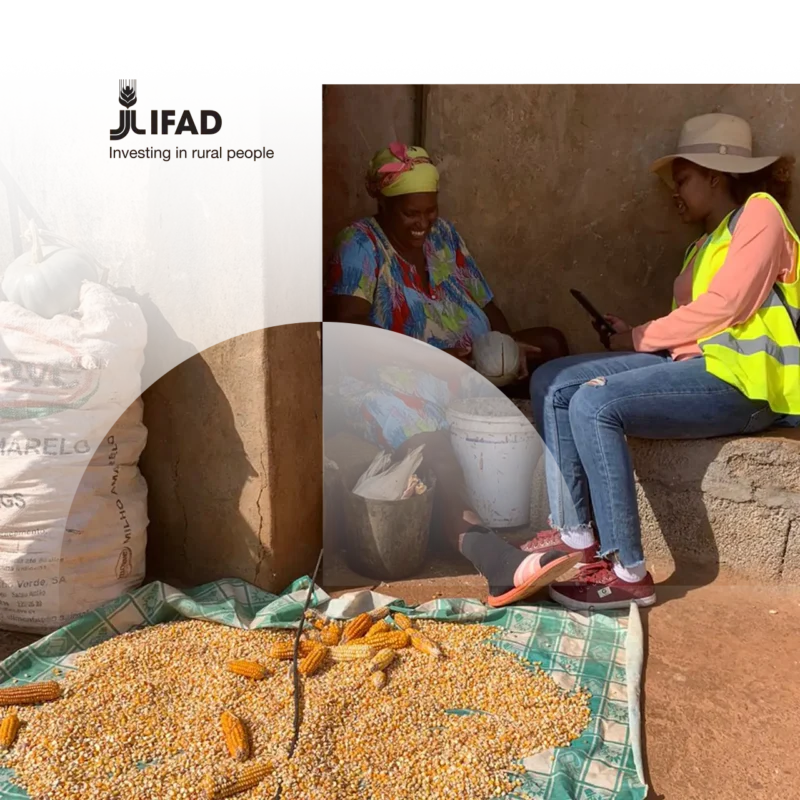Impact Evaluation of POSER in Cabo Verde
Year
Services
Technologies

Since 2013, IFAD has co-funded the Rural Socio-Economic Opportunities Programme (POSER) in Cabo Verde. The project aimed to improve living conditions for poor rural people on the seven non-tourist islands of Cabo Verde.
rowsquared was commissioned by IFAD’s Research and Impact Assessment (RIA) division to design, implement, and conduct a rigorous mixed-methods impact evaluation of this project.
As part of the evaluation, our team took full responsibility for the entire survey process. We designed a comprehensive household survey, carried out the quantitative and qualitative data collection, and oversaw all aspects of the fieldwork.
We sampled beneficiary and control households and rigorously validated our ex-ante matching through a comprehensive GIS exercise. To enhance efficiency, we implemented an adaptive design strategy, dynamically adjusting the number of interviews per cluster based on real-time feedback from the field.
We developed tailored survey instruments in Portuguese and CAPI, conducted thorough field tests, and provided effective interviewer training including regular written assessments.
Our comprehensive data quality assurance system incorporated audio auditing, indicator monitoring, and high-frequency checks to verify fieldwork across all islands. Through hands-on supervision and a robust completion tracking system, we ensured successful fieldwork completion, despite the challenging design.
After data collection, we conducted thorough data cleaning and indicator construction. We then carried out the analysis, employing quasi-experimental methods to assess the project’s impacts. We also conducted heterogeneous effects analysis to understand how impacts varied across different subgroups.
Our team produced a comprehensive impact evaluation report that blended quantitative findings with qualitative insights from key informant interviews and focus group discussions.
This evaluation provided IFAD and local policymakers with crucial insights into POSER’s effectiveness. Importantly, as the program’s financing had been extended, our findings also helped shape the design and implementation of future interventions.
